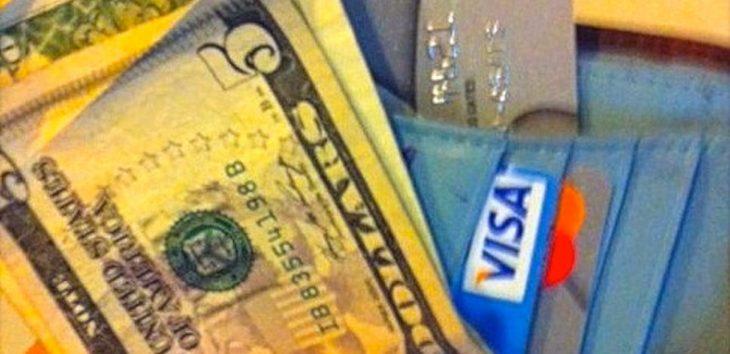Surveys suggest consumers feel more financial uncertainty
by September 30, 2020 3:32 pm 585 views

Consumer spending was steady through the summer as federal stimulus checks began to hit bank accounts. And while shoppers have been largely driven to spend on groceries based on health and safety concerns, market research firm Nielsen found the second layer of consumer behavior has started to emerge.
A recent Nielsen survey found 29% of participants said their household’s financial condition worsened from the same time in the previous year. The sentiment was cautious among middle-class consumers who were also planning for an uncertain future.
More than half (60%) of households expect their routines to remain altered for at least the next four months and nearly half (46%) said they were concerned about maintaining their household income. Nielsen found consumers are developing new shopping strategies to not only protect their health but to make each dollar stretch further. Promotions and discounts are now more important to consumers as they often looking for the lowest price and cut back on luxury items, Nielsen said.
As unemployment remains high and consumer confidence wains, COVID-19 remains top of mind among many shoppers. A study by 451 Research found the pandemic is influencing purchasing decisions of most consumers. The survey also found the U.S presidential election is expected to have only a minor impact on consumer discretionary spending over the next three months among 75% of the respondents.
“For a lot of people, [the election] is a very meaningful event every four years and consequential, but I think, in the end, the majority of households don’t really spend a lot of time thinking about it day to day between their jobs, their families,” said Joshua Levine, senior research analyst for digital economics at 451 Research. “It’s their personal finances that count, and the economy and their job situation. The pandemic throws in such a big X factor.”
Levine said more consumers are scaling back spending on travel, dining out and apparel as the pandemic continues. That said, spending on food, healthcare and home improvement has been higher.
About half of respondents said they will spend less on vacations and travel over the next 90 days compared to the previous 90 days, which has severely impacted the hospitality and travel industries, with no recovery in sight. About 44% of survey respondents said they will spend less on dining out at restaurants over the next three months, while 32.7% will spend less on sporting events and 32.1% will spend less on going to the movie theater. And as consumers work from home and steer clear of offices, they are less likely to spend money on new clothes. Nearly 27% of respondents plan to spend less on apparel.
The 451 Research survey also found 25% expect to reduce spending as the holiday approaches. More than 61% of survey respondents said staying home more due to the virus was the biggest reason they plan to spend less over the next 90 days from the prior quarter. Another 47% anticipate overall spending over the next 90 days will be less than what they spent last year. About one-third said their spending will remain the same as last year.
More than 63% of respondents also believe the U.S. economy will stay the same or worsen over the next 90 days while 36.6% believe the economy will improve over the next three months.
